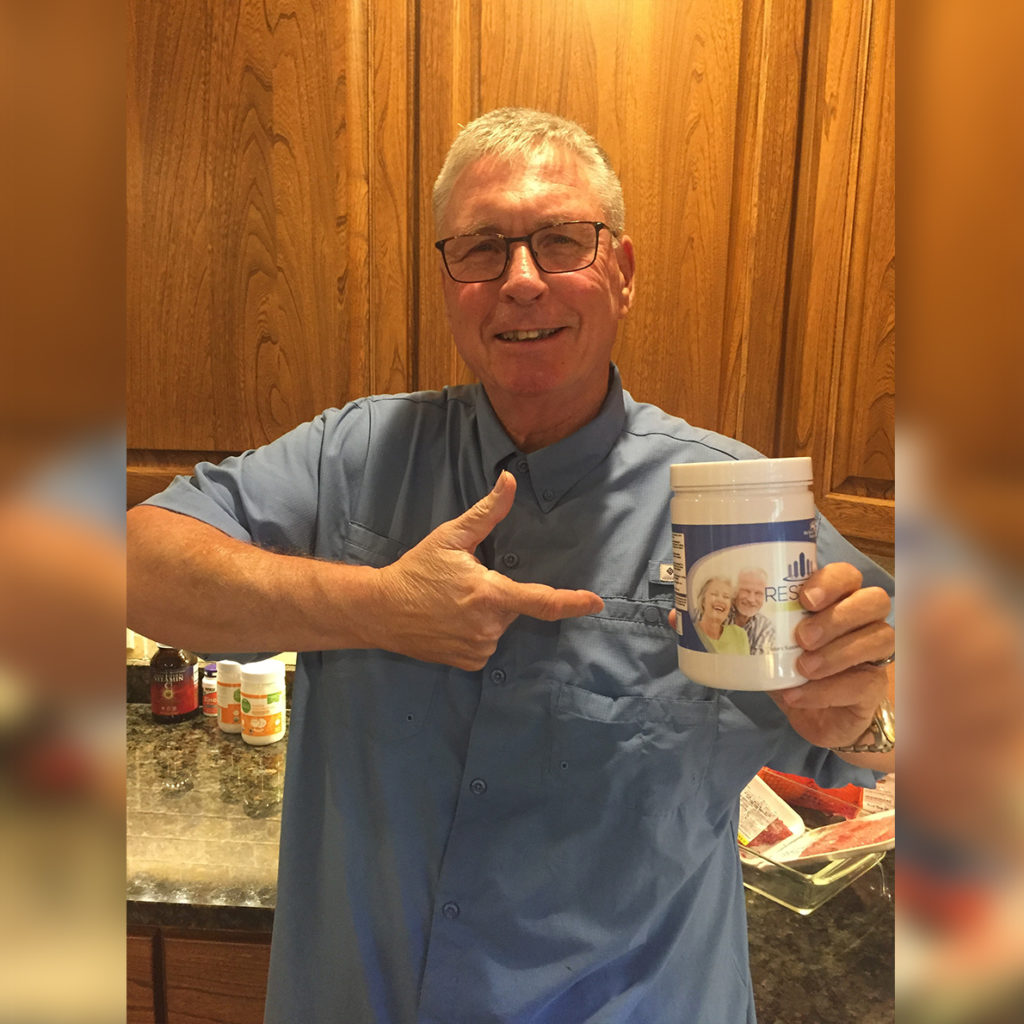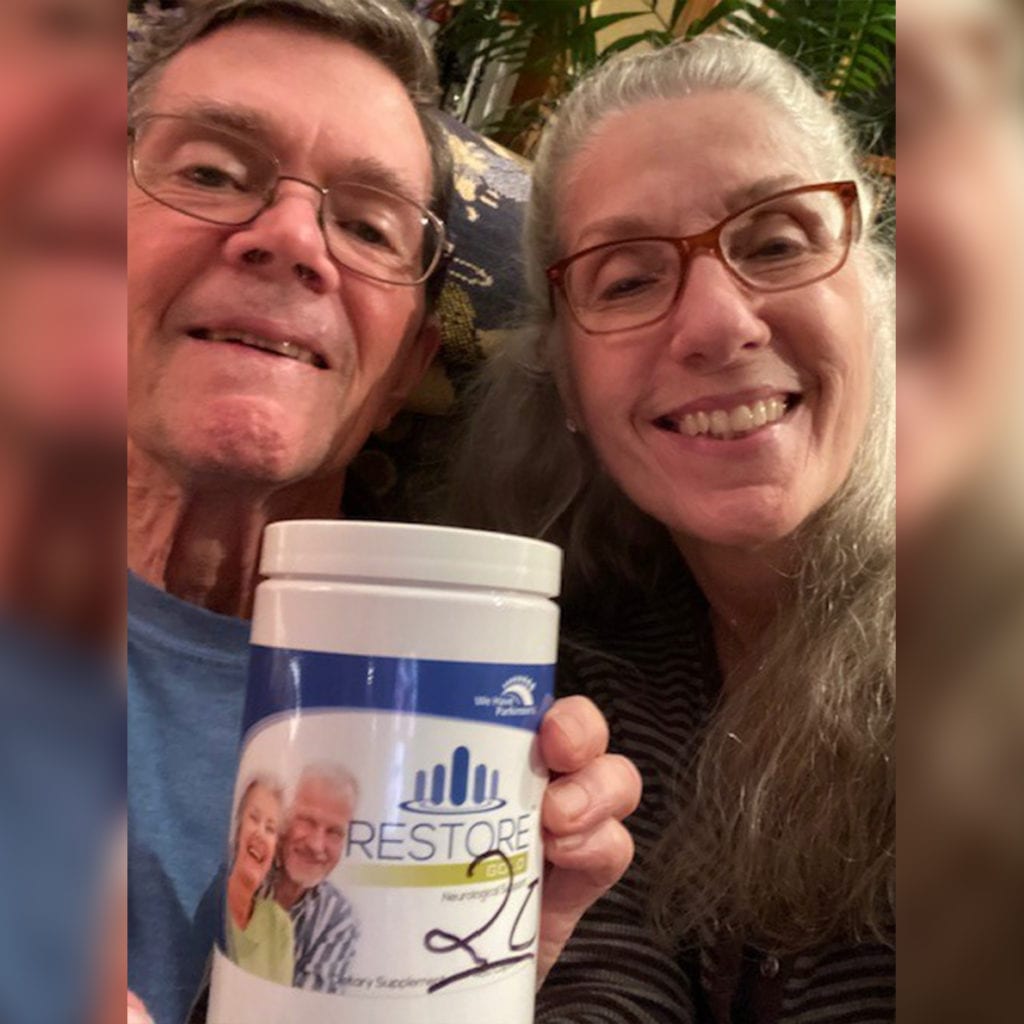Things Family Members Should Know About Parkinson’s
Parkinson’s, like any other chronic illness that affects the brain, can be incredibly hard on families. It can be emotionally devastating to see a family member suffer through the symptoms of Parkinson’s, while trying to summon up the energy to support and care for them properly. Parkinson’s UK also suggests there is still a lot of ignorance surrounding the illness, with many myths and misconceptions about causes, symptoms, and treatments.
If you have a family member who has recently been diagnosed with Parkinson’s, here are some important things you should know.
Parkinson’s is different for everyone
Everyone who suffers from Parkinson’s will find slight variations in their symptoms. Yes, there are lists of common symptoms that many people with the condition will notice, but no two cases are the same. Research will help you to understand what you and your family might be facing, but it’s equally important to communicate with the person who has been diagnosed to gauge the ways they might be affected.
It is possible to live well with Parkinson’s
Many people believe that a Parkinson’s diagnosis is akin to a death sentence. But with the treatments available today, it’s possible to manage Parkinson’s carefully and successfully. Many people living with Parkinson’s live well, leading full and happy lives for many years after their initial diagnosis.
Being active is important
For someone with Parkinson’s, being active is vital. Family members can help keep their loved one active over the long-term, whether it’s simple activities like hanging out the washing, or sustained exercise like going for a walk. These small improvements can enhance life with Parkinson’s and ease symptoms.
Many of the symptoms are invisible
Family members should be aware that many of the symptoms of Parkinson’s are invisible. Signs of depression, fatigue and anxiety, for example, might not be immediately apparent, but your loved one may be suffering inside. Encourage your loved one to talk about how they feel and the progression of their ‘invisible’ symptoms, so that you can better care for them in the long-term.
Help is at hand
Families don’t need to cope alone in the aftermath of a Parkinson’s diagnosis. There are a multitude of charities and support groups out there, not only for those who have received a diagnosis, but for their loved ones who are coming to terms with it. Seek help if you need it, and create a strong support network for your entire family.

Restore Gold™ is Changing Lives

Verified Reviews | Video Reviews | Order Today












